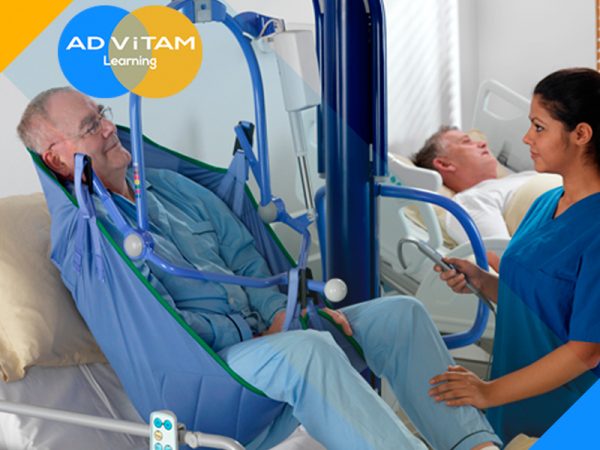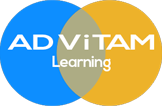Description
Online Food Safety Training Course
Welcome to our online food safety training course. Our online training courses are developed in line with the latest UK legislation and meet the requirements set out by the Care Quality Commission (CQC), Health and Safety Executive and other professional and regulatory bodies
Food safety training course description
Course aims and objectives
- To provide the learner with adequate understanding of the legislation regarding food safety
- To provide an awareness of common food hazards
- Provide the learners with tips on how to store, handle and prepare food safely
- To provide essential food safety & food hygiene training resources in an engaging and meaningful way
- To provide a FREE blended learning environment that is available to all individual and businesses
What is covered in this online course?
- An introduction to food safety legislation
- Why it is important is important for healthcare workers to be aware of food hygiene
- The common food hazards
- Problems relating to food contamination
- How food contamination can be minimised
- An awareness of common disease-causing bacteria and viruses
- Importance of personal hygiene in relation to food safety
- Other personal hygiene considerations for food handlers
- The importance of effective cleaning to minimise food hazards
- Recommendations for keeping food safe
- The importance of time and temperature in relation to food safety
- Top tips on safe handling and preparation of food
Who is this food safety training course for?
- Doctors
- Nurses
- Allied Healthcare Workers
- Healthcare Assistants
- Social Care Support Workers
- Voluntary Staff working in the NHS
Requirements
For classroom training courses:
- Bring photo ID (e.g., passport, licence, EU card)
- Wear comfortable clothing
For online courses:
- Access to a computer device, e.g., desktop, laptop, tablet or smartphone device
Career path
Our online and classroom training courses are suitable for:
- Those who are looking to improve their knowledge of the subject area
- Those whose jobs require periodic continuing professional development (CPD)
- Those who need to show evidence as part of their professional registration requirements, e.g., doctors, nurses and allied health professionals








